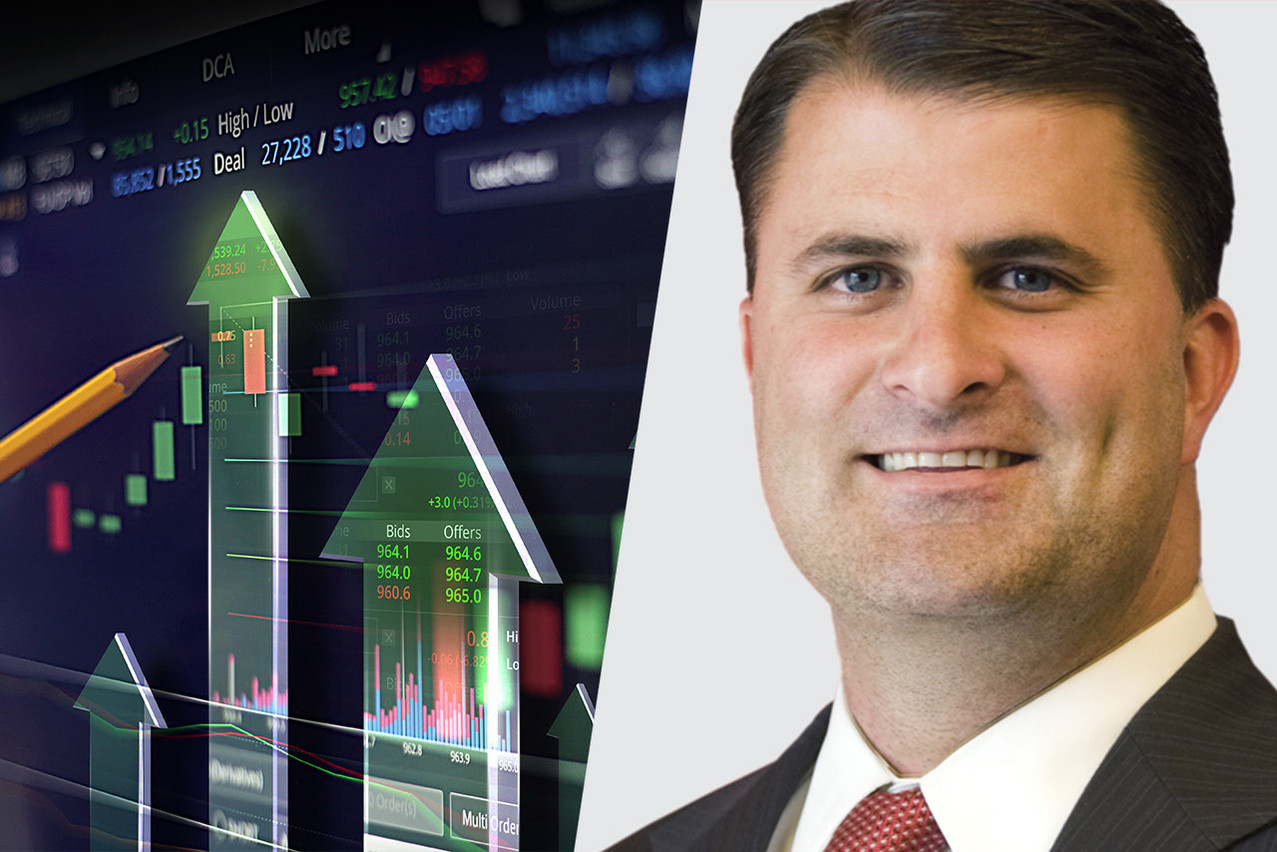The survey conducted by Brown Brothers Harriman, a financial services firm, polled 325 respondents around the world, including institutional investors, financial advisors and fund managers from the US, Europe (including the UK) and China. 40% of the survey respondents manage more than $1bn in assets and 55% of them have more than 25% of their portfolio invested in ETFs. The survey highlights responses to macro-economic changes and market shifts that have occurred over the past 12 months.
“Our survey shows the power and versatility of the ETF toolbox investors now have at their disposal as the industry matures,” said Shawn McNinch, global head of ETFs at Brown Brothers Harriman. “At its core, the data shows that investors continue to embrace ETFs as a vehicle of choice, with emerging categories such as active and fixed income continuing to gain ground. It also demonstrates that the way investors utilise ETFs is evolving, and asset managers and service providers must constantly adapt to meet these changing demands.”
The ETF market, which has grown more than 16% annually over the last decade, is today a market worth $9.23trn, said the report. Brown Brothers Harriman projects that the ETF market could be worth more than $30trn in 2033.
Here are some key takeaways from the survey.
89% of investors plan to increase or maintain ETF allocations
Exchange-traded funds saw global inflows of $856bn in 2022, the second highest total ever, according to the report. 61% of investors plan to increase their ETF allocations in the next 12 months, while 28% plan to maintain ETF allocations. Last year, however, 84% planned to increase allocations, a drop of 23 percentage points.
More demand for active investments
In their survey, Brown Brothers Harriman noted that they anticipate growth in demand for active investments. Active ETFs account for 5% of global ETF assets under management, said the report, but these expanded in 2022, growing 10% in assets under management and almost 30% in the number of products year-on-year. 82% of investors said they plan to increase or maintain their exposure to active ETFs.
92% of investors bought an active ETF in the last 12 months, with 46% of respondents saying they allocated the capital from index mutual funds, up from 19% in 2022. 42% allocated capital from active mutual funds, also up from 19% in 2022.
“Staying power” of thematic strategies
In the next three years, over one-third of investors (36%) foresee thematic ETFs making up 11-20% of their portfolio, found the report. Thematic ETFs are funds that allow investments based on a theme, such as technology, digital assets or climate change, for example. This figure is approximately the same as in 2022 (38%) and in 2021 (34%).
46% plan to increase their exposure to thematic ETFs this year, said the report.
Investors in China appear particularly keen to increase their allocations to thematic ETFs, compared to those in the US or Europe. 64% of respondents in China plan to increase their exposure to thematic ETFs in 2023.
Crypto still sought after
The report found that 70% of investors and 86% of institutional investors plan to add technology/internet-focused ETFs to their portfolio in 2023, while 53% of survey respondents are planning to add ESG exposures this year.
In addition, despite a tumultuous environment for crypto last year, cryptocurrency and digital asset-themed ETFs are still sought after--48% of investors plan to add them to their portfolios, a drop of six percentage points from last year, noted the report. EU regulation such as Mica (Markets in crypto-assets) is expected to “derisk” investments in cryptoassets. But these seem more popular amongst investors in the US and China than in Europe.
Use of robo-advisors to access ETFs up to 29%
Investors are increasingly using robo-advisors to access ETF model portfolios, found the report, nearly tripling from 10% in 2022 to 29% in 2023. This is particularly the case in China, where 49% of survey respondents reported using robo-advisors, compared to 22% in the US and 17% in Europe.
Wealth managers / private bank advisors are the most commonly used channel to access ETF model portfolios overall, with 57% of respondents in Europe saying they use wealth managers / private bank advisors, 53% in the US and 53% in China.
The survey also found that 62% of investors prefer digital meetings with firm representatives, while 53% prefer in-person meetings.
Diversification, risk management and commodity ETFs
Faced with a volatile environment, the survey found that 59% of investors favoured defined outcome ETFs. Also called buffer ETFs, these cap their exposure to broad equity markets and can protect against market losses. 67% of respondents favoured strategies based on factors such as value, growth or momentum, and 70% favoured managed risk strategies.
The report also said that 79% of respondents said they plan to maintain or increase allocations to commodity ETFs, and 76% plan to maintain or increase allocations to buffer/market neutral strategies.
Find the full survey report .
